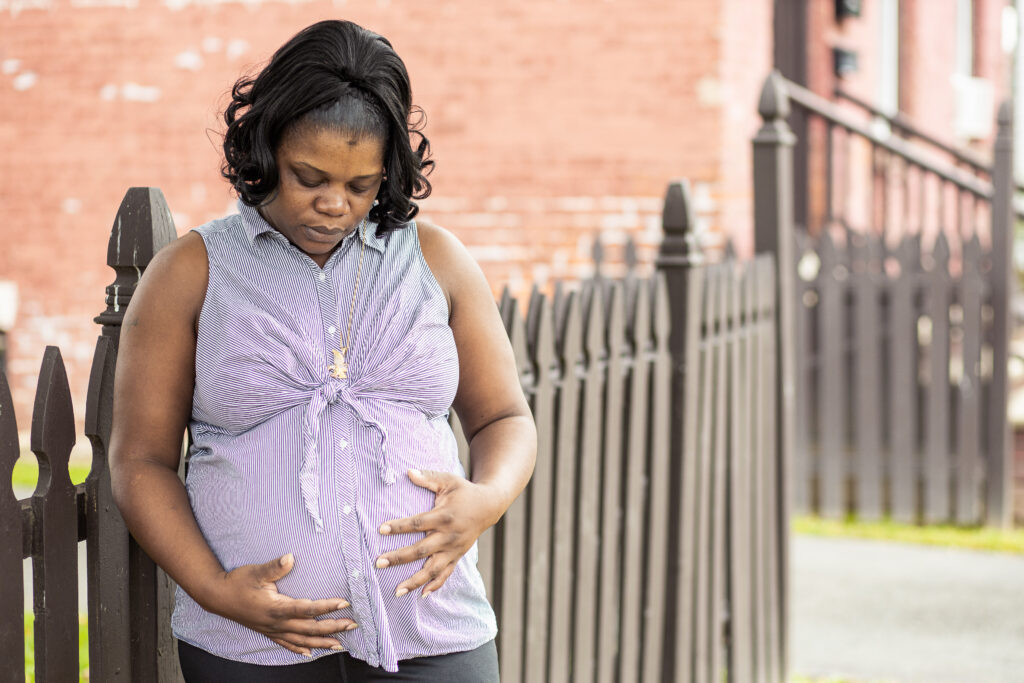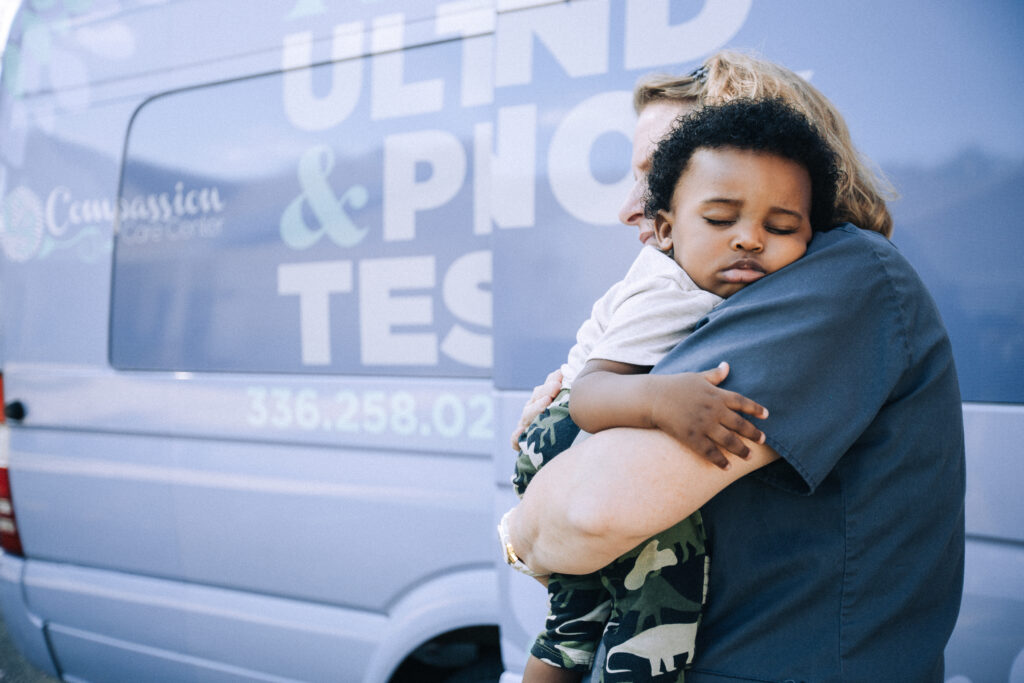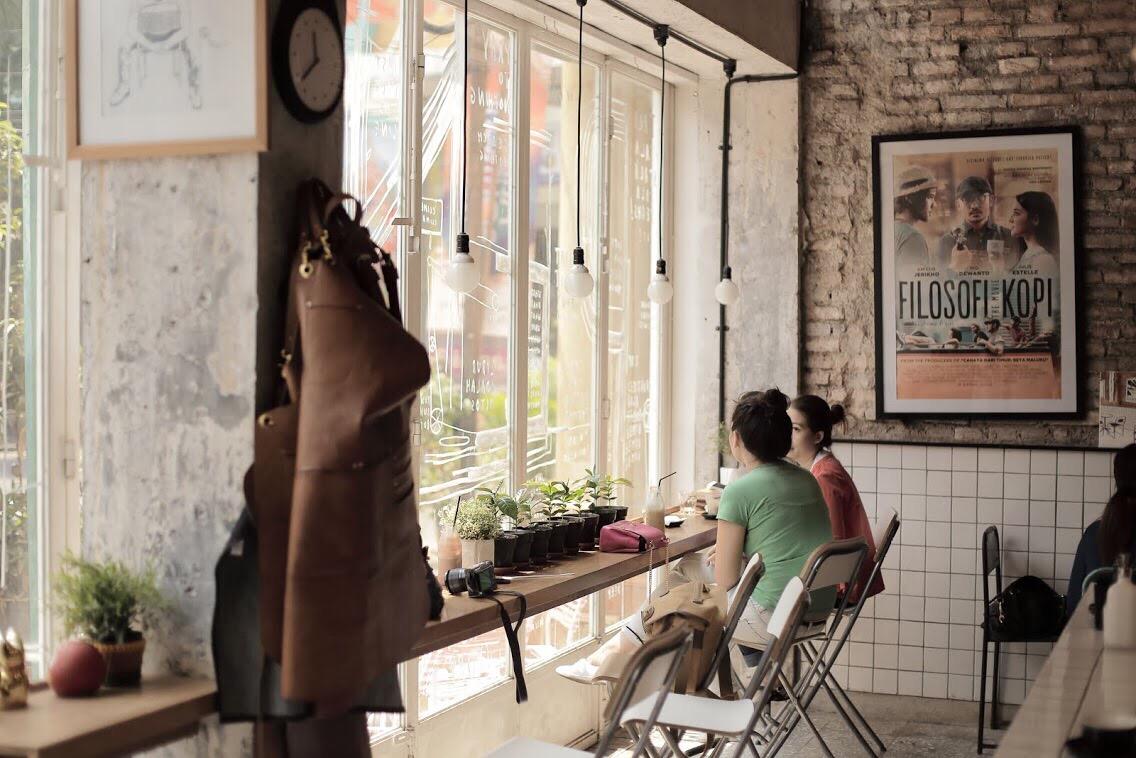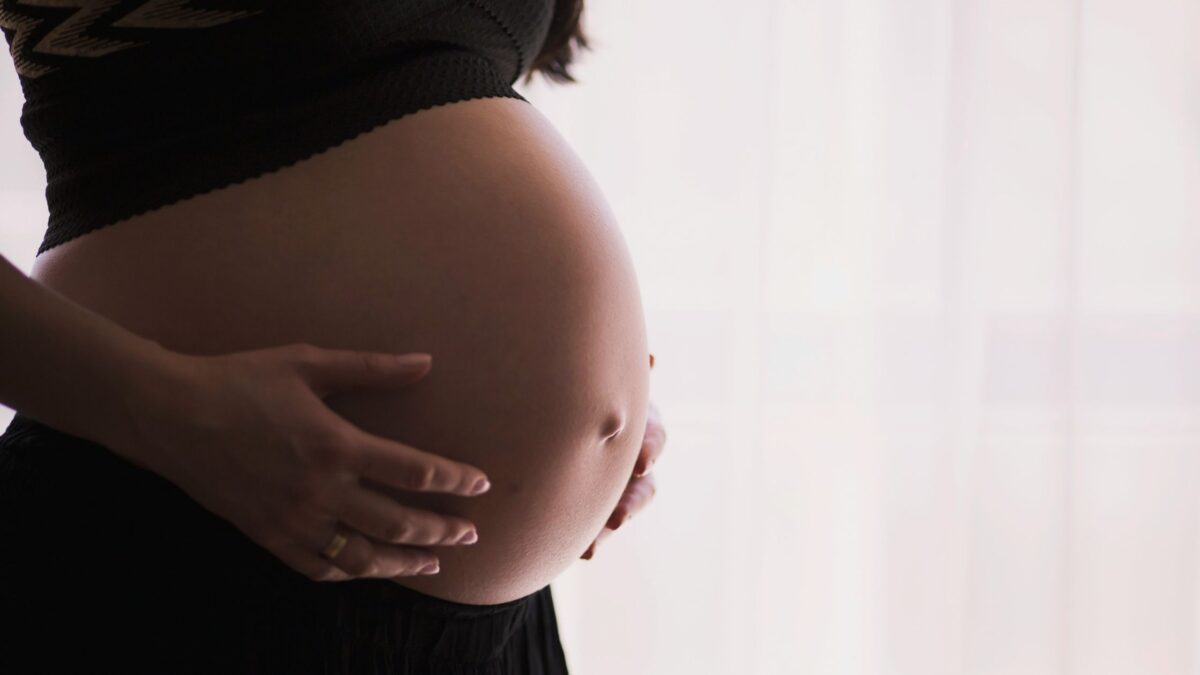Recently, Huffington Post published an article stating how awful and terrifying crisis pregnancy centers are. I interviewed Amy, the director of a “life affirming pregnancy resource ministry” in a college town to get actual facts and get to the bottom of what does and does not go on at these kinds of centers.
Tell me about your resource center:
I am director of a life affirming pregnancy resource ministry. We are not a medical clinic, nor do we call ourselves a clinic. We do not provide ultrasound services, but are able to partner with a local doctor’s office to offer free sonograms at the doctor’s office to women who have had a positive pregnancy test and are unsure about what they want to do.
There are many great pregnancy resource centers that do offer ultrasound services. Those pregnancy centers have a medical director who is a licensed medical doctor and have licensed nurses and/or ultrasound technicians on staff to provide the ultrasound services.
In general, pregnancy resource centers are independent local non-profit organizations, so each center will have it’s own unique characteristics.

What is the process that a woman goes through when entering your clinic? Does it take “hours”?
It does not take “hours.” When a woman calls to make an appointment we tell her to plan on 45 minutes to an hour for her appointment. Some appointments do take that full hour if there is a lot of discussion and if she needs referrals for resources to help with various needs. Some appointments may take much less time, even half an hour or less if a woman does not express an openness to receiving information or if she is in a hurry. It really depends on the needs of the woman for whom we are providing the consultation. Most of the time, we hear women say things like, “Thank you so much for taking the time to give me all these resources. “This is a big help!” or “Thanks for taking the time to listen.”
What is your response when a woman comes in or calls asking for an abortion? Is this in any way misleading to them?
We make it clear that we do not provide abortion services or referrals. We offer free pregnancy testing and options consultations to clients who are considering abortion as well as an opportunity to schedule a free sonogram with a local doctor’s office if the client would find that helpful in her decision making process. When we are meeting with a woman who is thinking about abortion, we ask her if we can share information with her about abortion so that she can make an informed decision. If she gives us permission, we will share information about prenatal development, abortion procedures and risks, as well as other options and community resources that could be available to help her to access other options. If she asks us not to share that information we will not share it with her.
What false medical information might the HP article be referring to?
On the video, Samantha Bee and the others being filmed gave out false information as if that were the information that is provided by pregnancy centers—stating that a woman having an abortion “will have a perforated uterus” and that she “won’t be able to have more children.”
Obviously that is an exaggeration and inaccurate. There is a basis in truth, however, related to some of the risks which some women can experience following an abortion. Perforation of the uterus and an increased risk of infertility are real risks that can be connected to abortion. It is not a risk that all or even most women will experience following an abortion, but women do have the right to know about risks, even some which could be rare, which could follow abortion.
It appeared that Samantha Bee was also taking issue with the idea that there is an increased risk of breast cancer for women who have had abortions. There are studies that show an increased risk of breast cancer and there are studies that don’t show an increased risk of breast cancer. The science isn’t 100% clear on that.

Why should a woman get to know about what an abortion entails?
Abortion does have the potential for serious side effects. It also ends the life of a pre-born baby whose heart is already beating. (The heart begins to beat at 3 weeks post conception) For some women, that may not be a concern. But others may view that as vitally important information that they have the right to know.
Women should gather information before making an abortion decision, because once the abortion is completed, it cannot be reversed if they learn new information that causes them to wish that they had not chosen abortion. It seems that for most people, regardless of the political label they may wear, abortion is a very troubling concept and an abortion decision would be viewed as a very serious matter that should be given an incredibly careful thought process, seeking all the information, support, and options that could be available.
Pregnancy resource centers do not view this process flippantly or with judgement toward the woman. Rather, we are honored to walk with her, providing accurate information and a safe place for her to process her thoughts and emotions. Pregnancy resource centers do not profit financially from a woman’s decision regarding her pregnancy, whereas relying on an abortion clinic to provide all of the information is relying on someone who will lose money if she chooses to carry her baby to term. That might not be the best place to get information.
How are your staff qualified to care for women who are pregnant and wanting information?
I am a licensed marriage and family therapist and my assistant director is a registered nurse. We also utilize volunteers who receive training from myself and my assistant director before they offer peer consultations. Many of our volunteers are college students in majors such as family studies and human services, family ministry, counseling, social work, pre-med, etc. The focus of our consultations is to provide information, emotional support, and local community resources and referrals. We provide ongoing support for women who are pregnant through prenatal and infant care classes, professional counseling, baby and maternity clothing and supplies, emergency supplies of diapers, and assistance to connect with community resources.
What are other ways you help women find resources for their pregnancy (financial, emotional support)?
We provide referrals for applying for Medicaid and for receiving prenatal care from obstetricians in our area to every woman who receives a positive pregnancy test. We have a resource list of community resources that provide assistance with food, housing, medical services, insurance, adoption, domestic violence concerns, legal services, prenatal and parenting classes, mental health services, miscarriage and infant loss concerns, employment services, addiction concerns, and more which we give to every woman who has a positive pregnancy test and to many women and families who have needs in these areas whether they had a positive test or not.

We have a Friendship Room filled with gently used maternity and baby clothing, baby equipment, baby food, toys, etc. which is available to anyone in need at no charge. We offer prenatal classes, childbirth education classes, infant care and parenting classes at no charge with the added benefit of class participants earning new items such as diapers and cribs for their baby through their participation in the classes.
We also provide professional counseling at no charge to those who have a need for professional counseling services. We also help to facilitate private adoptions for those women who decide that adoption is the best choice for their baby. (This is a little different than most pregnancy resource centers who provide referrals for adoption services rather than providing those services themselves.)
In addition, when women choose abortion, we continue to be available to them following the abortion if they feel a need for emotional support or professional counseling.
I personally believe that people who work at pregnancy resource centers are caring and compassionate, and want to help women truly understand all their options.













